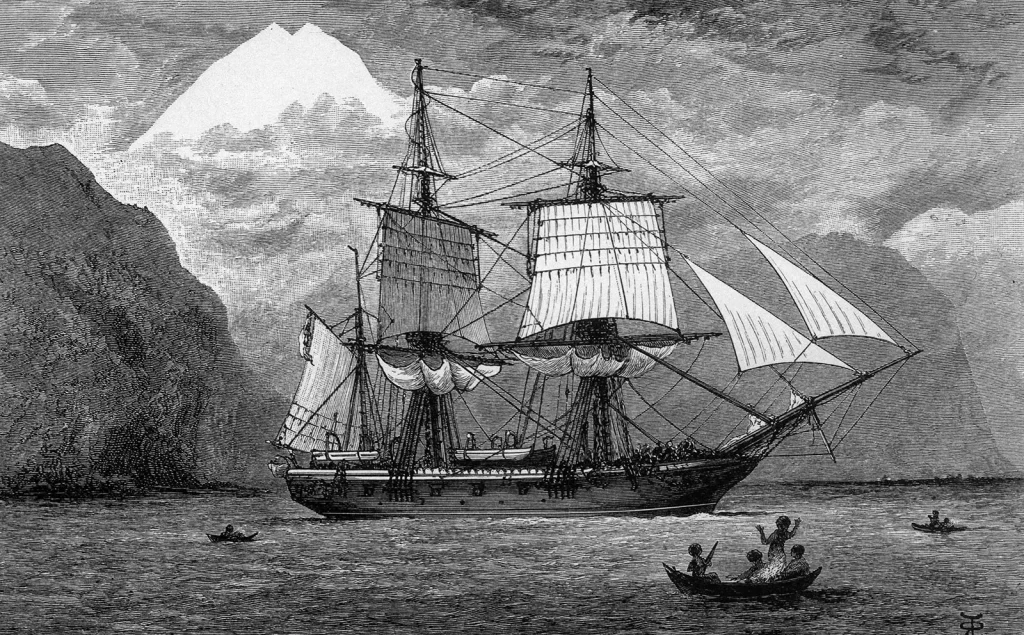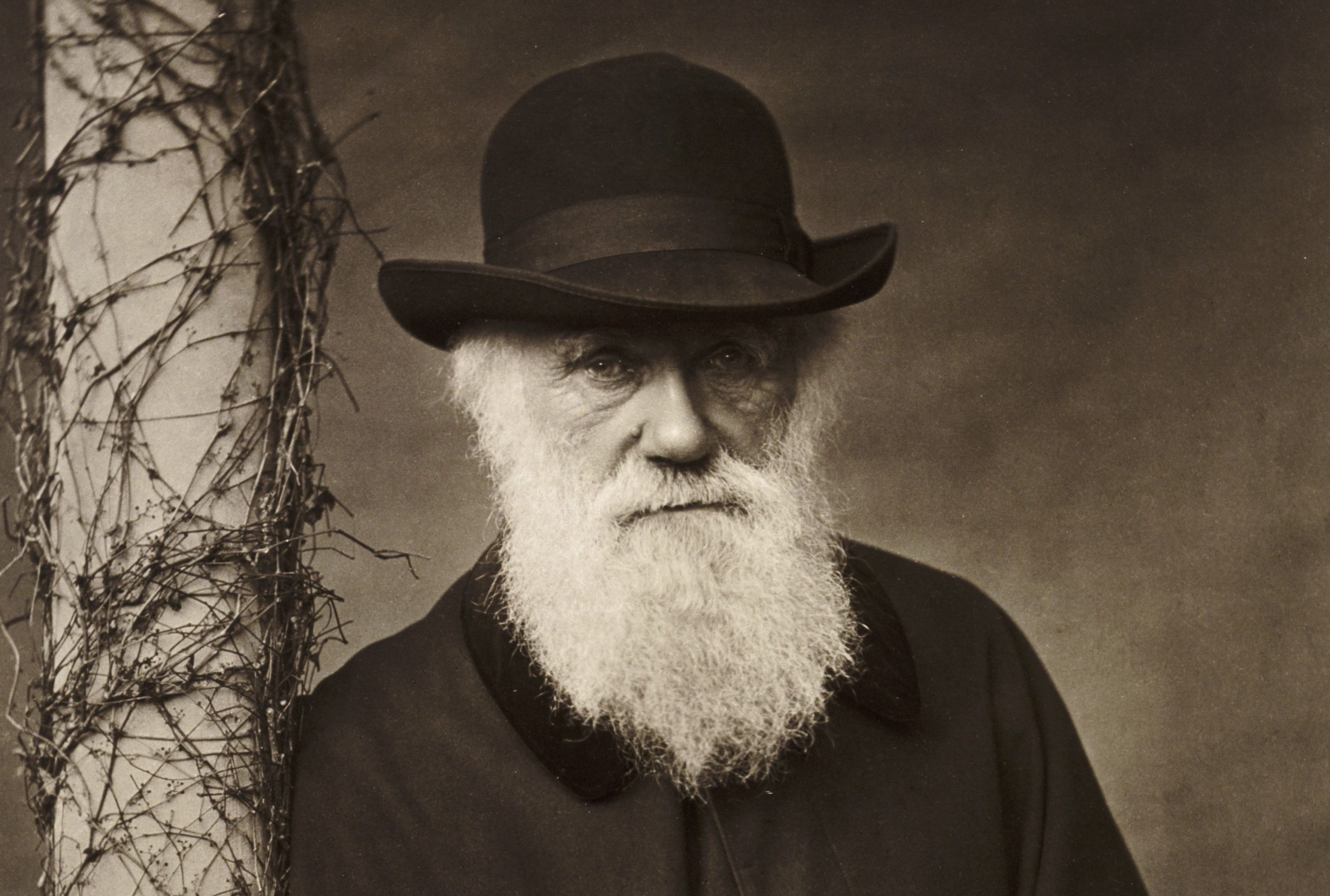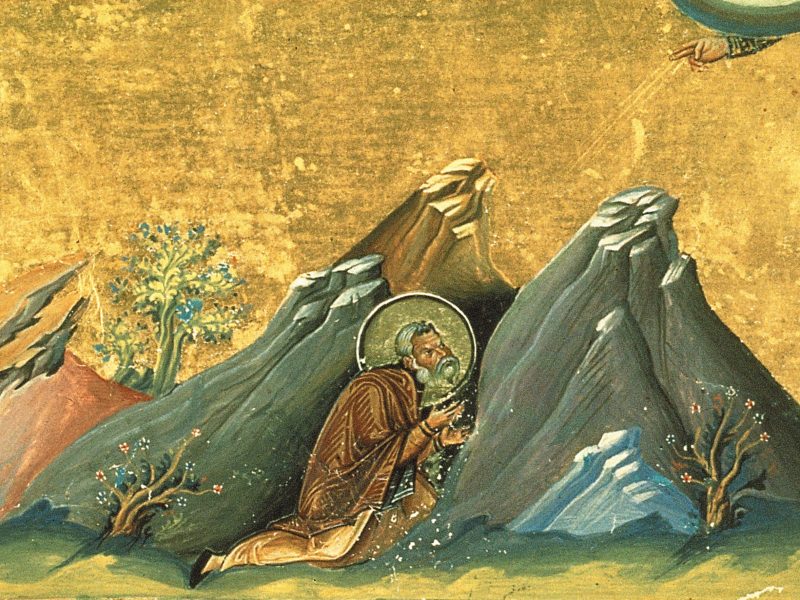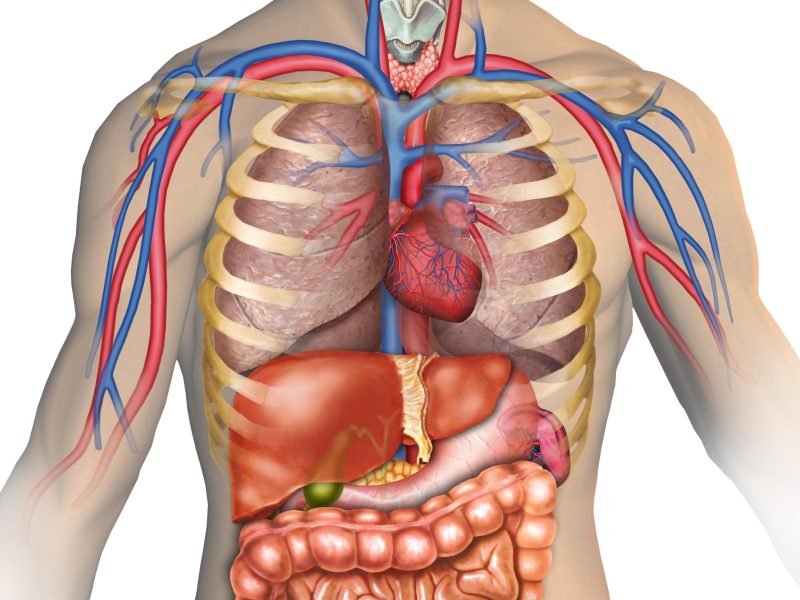by Gideon Lazar
One of the articles I wrote for the Creation Theology Fellowship was on how political liberalism helped to pave the way for Darwinism. Liberalism should be understood not primarily as a set of policy suggestions in fact, but as a radical rejection of Catholic doctrine. One of the key figures in this shift was Thomas Hobbes. Hobbes removed all discussion of Genesis from political discourse. In the generations that followed him, people started discussing a mythical “state of nature” rather than man in the garden.
While I knew that this liberal cultural milieu influenced Darwin, I was unsure if there was any direct influence. While I have still been unable to find a direct link between Darwin and Hobbes (please contact me if you know of one), I recently found a very close link between Darwin and liberalism: Darwin’s theory of natural selection comes from Thomas Malthus.

Malthus was a British economist who lived about a generation or two before Darwin. In his book An Essay on the Principles of Population, Malthus lays out the problem of overpopulation. Whenever a society is successful, its population grows. It will always grow until it is too large, at which point many will die of starvation. Those who die of starvation will be the weak and the poor. However, the rich and successful will survive. Malthus considered this a great thing: it would select the most powerful and fit to survive while killing off those who were too weak.
Malthus tried to justify his views using Genesis interestingly. (If you would like to read more on that, I highly recommend this article by Marc Barnes.) But in reality, his views were based on the world of Thomas Hobbes. Malthus had inherited Hobbes’s heresy that “the life of man [is] solitary, poor, nasty, brutish, and short.” There was no room for recognizing the abundance of gifts that God has given us or the importance of charity towards the poor. Neither can there be any common good since one man having more goods would necessarily mean that another has less in this view. In a Malthusian world, there is only the brutal struggle for survival.
Darwin’s trip on the Beagle convinced had convinced him of common ancestry and reading Lyell convinced him the Earth was old enough for evolution, but he was unsure of the mechanism of evolution until he read Malthus. In his autobiography, Darwin says that upon reading Malthus, “it at once struck me that under these circumstances [natural selection,] favourable variations would tend to be preserved, and unfavourable ones to be destroyed. The result would be the formation of a new species.”

Darwinism is simply cosmic Malthusianism. It takes the principles of eugenics and applies them to the whole universe. It is no surprise then that modern advocates of evolution such as Yuval Harari advocate for a new and more advanced form of eugenics. The only alternative to avoid this glim view of the world is Catholic Social Teaching, which is itself founded upon creation. There are only two real options: Darwinism and eugenics on the one hand, and creation and natural law on the other.



One thought on “Darwinism and Eugenics”